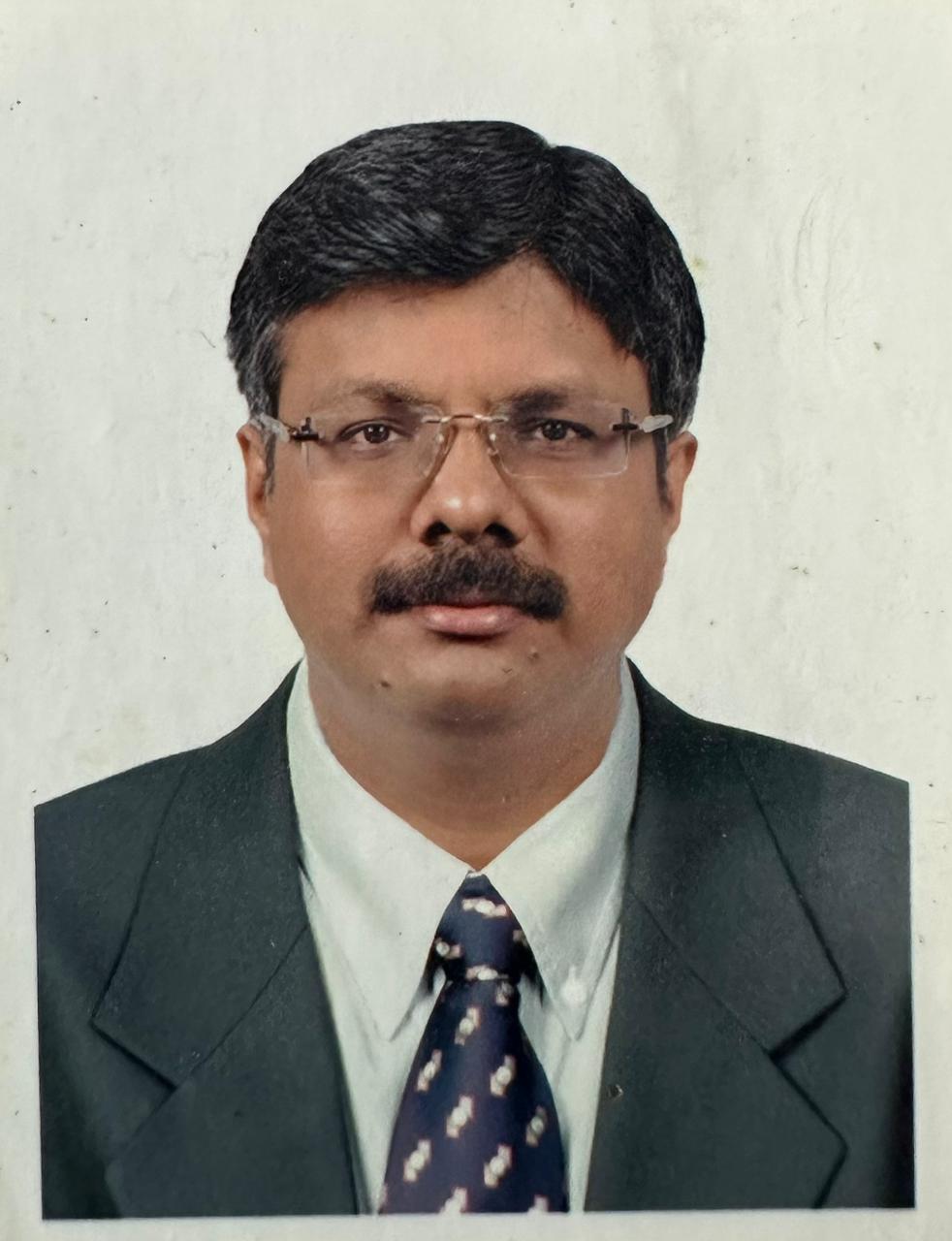Case Law Details
Case Name : CIT Vs Indian Institute of Engineering Technology (Madras High Court)
Appeal Number : T.C.A. No. 134 of 2015
Date of Judgement/Order : 10/09/2024
Related Assessment Year :
Courts :
All High Courts Madras High Court
Become a Premium member to Download.
If you are already a Premium member, Login here to access.
Sponsored
CIT Vs Indian Institute of Engineering Technology (Madras High Court)
Sponsored
Kindly Refer to
Privacy Policy &
Complete Terms of Use and Disclaimer.





